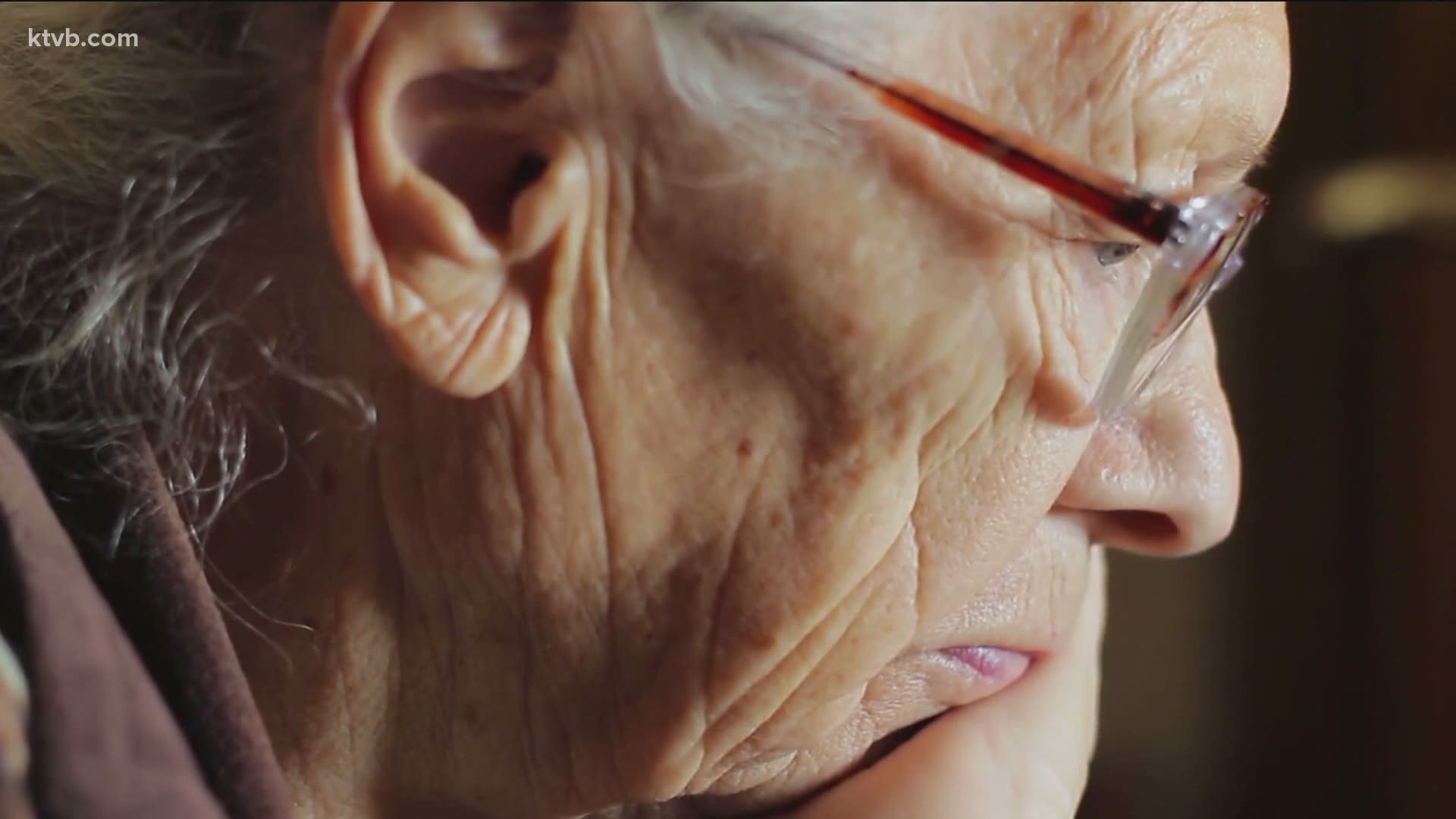BOISE, Idaho — We're all different, and it is important to respect those differences.
But mental health experts say it's also important to understand those differences when it comes to mental health and substance use disorder support and treatment.
Optum Idaho Deputy Director Casey Moyer spoke with KTVB's Doug Petcash about how to put that into action.
Casey Moyer: "Our culture, beliefs, tradition, sexual orientation, gender identity, values, race and language all affect how we view and experience the world. Those differences impact how we understand symptoms as well as treatment of mental health and substance use disorder. That's why culture and identity are such foundational parts of helping understand symptoms and really understand what the problem is and how to access the right kind of care."
Doug Petcash: What are examples of cultural differences that can have a big impact on mental health and treatment?
Casey Moyer: "The first is gender roles. Many cultures conform to stereotypical gender roles. This often plays out as males being discouraged from exhibiting physical or mental weakness. Extensive public health campaigns, many of which Optum has be a part of, have really sought to encourage more men to seek medical help as well as express feelings and vulnerability. but it's still an uphill battle. Another example is different attitudes towards medicine and treatment. When we look at different studies and race and ethnicity white Americans tend to focus on the biological and medical nature of mental health and substance use disorders, while Latino and Black or African American communities may tend to connect illness to spiritual, moral or social explanations. Another good example is differences in age. Younger people in western cultures are more likely to seek mental health support whereas older individuals, especially those who may have immigrated from a different culture or country are going to be less likely to change their attitudes. Remember. Culture has a big impact on our identity, and these are just a few broad examples of how that can play out."
Doug Petcash: So what are mental health providers doing to understand and overcome some of these cultural barriers to mental health support and treatment?
Casey Moyer: "Clinicians start with a self-assessment on how their own attitudes, socialization and beliefs can influence their perceptions and interactions with individuals who are ethnically, socially and culturally different from them. Many of the assessments occur in the context of their professional training and education. Certified behavioral health providers and paraprofessionals receive lots of support throughout that process.
Most of all health care providers want to ensure that they're taking race, education, language, societal factors into account so they're avoiding misdiagnosis and they can deliver the right care in the right way at the right time."
Doug Petcash: Is there anything the average person can do to overcome those cultural barriers and start a conversation about mental health well-being?
Casey Moyer: "Well, people are doing something right now by watching this segment, and they're educating themselves. As a behavioral health profession, we know that it takes people from all walks of life in every community to help solve the issues of behavioral health equity and overcome cultural barriers to treatment. It involves addressing social determinants. That's things like employment, housing stability, health insurance, proximity to services, cultural responsiveness. All of those have an impact on behavioral health outcomes."
Moyer says the federal Substance Abuse and Mental Health Services Administration has a lot of data and resources to help people understand and address health equity.
Watch more 'Hello Idaho':
Watch our latest conversations about mental health in our YouTube playlist:

